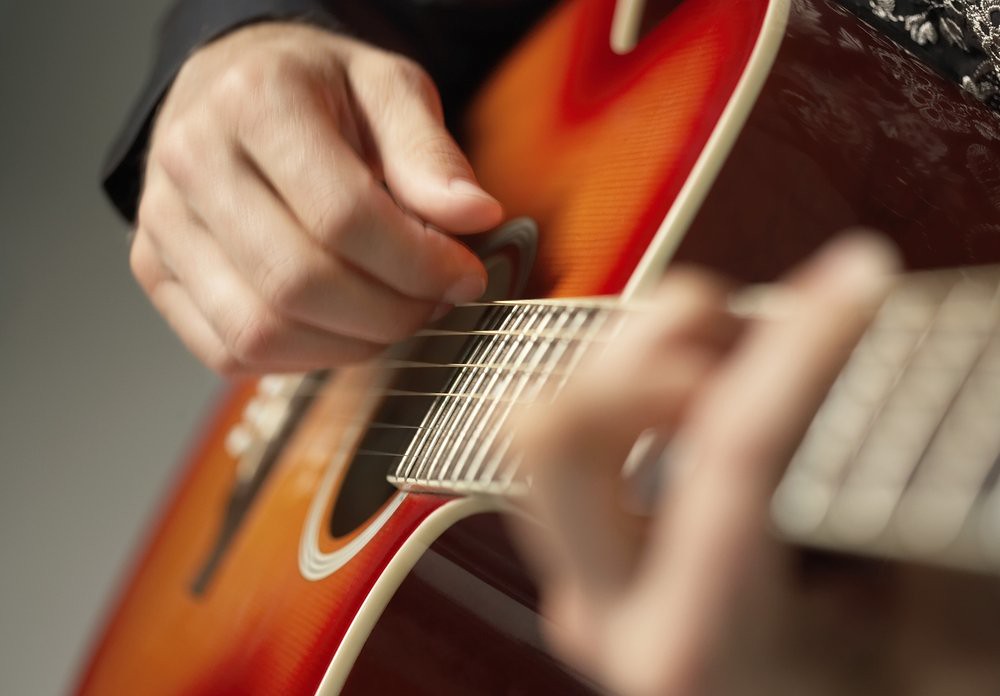 “Research has shown that people who adopt mastery goals experience the lowest levels of performance anxiety.”
“Research has shown that people who adopt mastery goals experience the lowest levels of performance anxiety.”
–Music Educators Journal, Dec. 2010.*
When we step on stage, nothing affects our state of mind more than our goals.
Mastery goals inspire us to be artistic and fearless.
Avoidance and comparison goals, in contrast, sap our creativity and confidence.
Mastery Goals versus Avoidance & Comparison Goals
Mastery Goals
Also labeled ‘learning goals,’ mastery goals reflect a performer’s desire to increase personal or task mastery.
When mastery-oriented musicians step under the spotlights, they trust in their ability to perform as well as learn from whatever comes up. They view performing as an adventure through which they and their audiences grow.
“Mastery goals reflect a performer’s desire to increase personal or task mastery.”
Memory slips? No problem. They improvise through them to the delight of listeners. Then, prior to the next show, they practice in novel ways, grateful to have uncovered gaps in their memorization strategies.
Technical flubs? They saturate each phrase with emotion, and audience members don’t notice missteps. Later, they adjust their practice habits, triumphing over weaknesses.
“To make the most of a performance,” I wrote in The Musician’s Way, “the key is to be open to your experience and to discover new things in both the music and yourself.” (p. 208).
Mastery goals fuel artistic excellence because they stem from a growth mindset as well as openness, curiosity, and unshakable belief in one’s potential to evolve.
Avoidance Goals
When we tell ourselves not to have memory slips, not to feel nervous, and so forth, we’re racking up avoidance goals. But aiming to avert things only magnifies our fear that they’ll occur.
Imagine, for instance, performers telling themselves, “Don’t make mistakes; you’ll look foolish.” Then, any on-stage glitches will be blown out of proportion in the performers’ minds.
They’ll probably be timid on stage, and neither they nor their listeners will draw much pleasure from their efforts.
Comparison Goals
Performers who take on comparison goals rank themselves against various criteria or people. They’ll strive to outshine peers, let’s say, or be like musicians they admire.
Some comparison-minded musicians aim for god-like perfection, ensuring that they’ll be anxious about falling short in concerts. And they always fall short.
Students who cleave to such goals focus more on what other people think or on the likes of rankings rather than on learning and self-actualization.
Simply put, comparison goals can amplify fears and hinder creativity.
“To make the most of a performance, the key is to be open to your experience and to discover new things in both the music and yourself.”
Cultivating a Mastery Orientation
I’ve found that music students who opt for avoidance and comparison goals commonly do so owing to their limited knowledge of practice and performance skills.
That is, they can’t set mastery goals because they aren’t sure about what to master nor how to do so.
By comparison, mastery-oriented musicians:
• Choose repertoire that fits their level
• Employ deep practice habits that bolster self-assurance
• Use backstage techniques that promote poise and creativity
• Rehearse techniques to counteract on-stage shakiness and other aspects of fight-or-flight activation
• Cultivate methods that enhance stage presence
• Practice handling errors
• Positively connect with listeners
• Regularly practice performing
• Deliberately evaluate their performances
Students with limited knowledge of practice and performance skills can’t set mastery goals because they aren’t sure about what to master nor how to do so.
To help all musicians gain facility with essential skills and become masterful performers, I created The Musician’s Way and this site. I invite you to explore both and subscribe to my free Musician’s Way Newsletter.
*Donald Robertson and Kevin Eisensmith, “Teaching Students about Performance Anxiety,” Music Educators Journal 97/2, (Dec. 2010): 31-35.
Related posts
The benefits of accessible music
The growth mindset
Mastering performance skills
Performance-oriented practice
Practicing performance
© 2011 Gerald Klickstein
Photo licensed from Shutterstock


Thanks for the comment, Justin.
I agree that ‘learning goals’ is a more approachable term, so I included it near the beginning of the post.
But ‘mastery goals’ is the terminology employed by goal and motivation theorists, and I’ve grown to appreciate that label.
That is, when we adopt a mastery orientation, we tell ourselves that we grow our mastery for life and, as you put it, we embrace learning as an ongoing process.
Great post, as always. The first thing that came to mind when I read “mastery goals” was perfectionism, which is nearly the reverse of what you’re actually describing. “Learning goals,” to me anyway, seems a far better term for what you’re talking about and advising performers to adopt. (I realize you didn’t coin “mastery goals”…or did you?)
I tend to identify learning as a continous process more than I do mastery, even though I now see how it can be thought of that way.